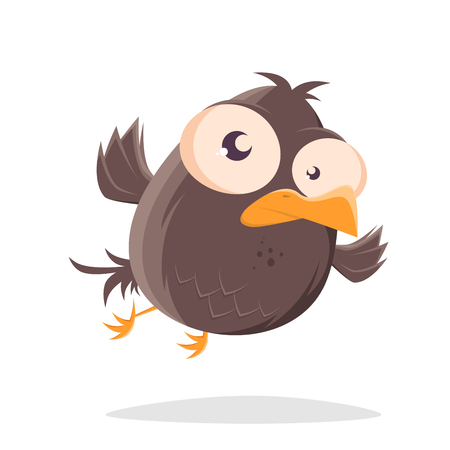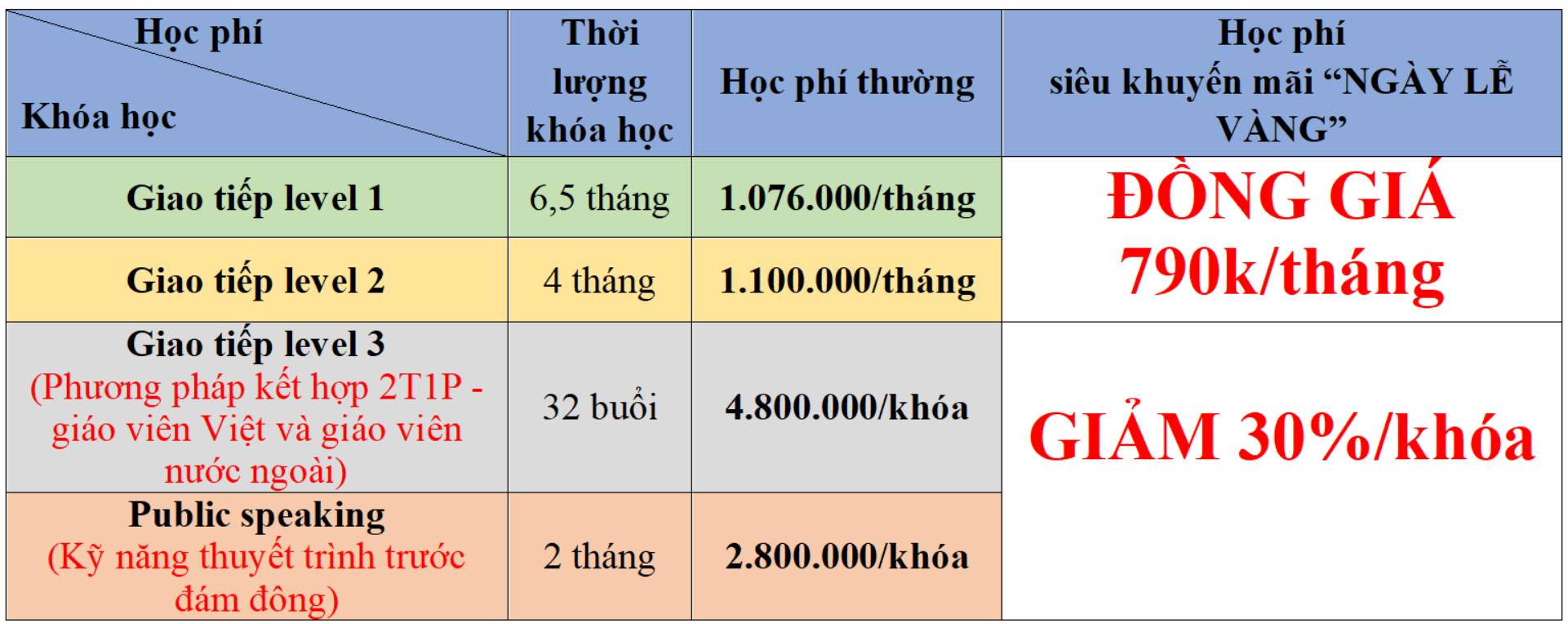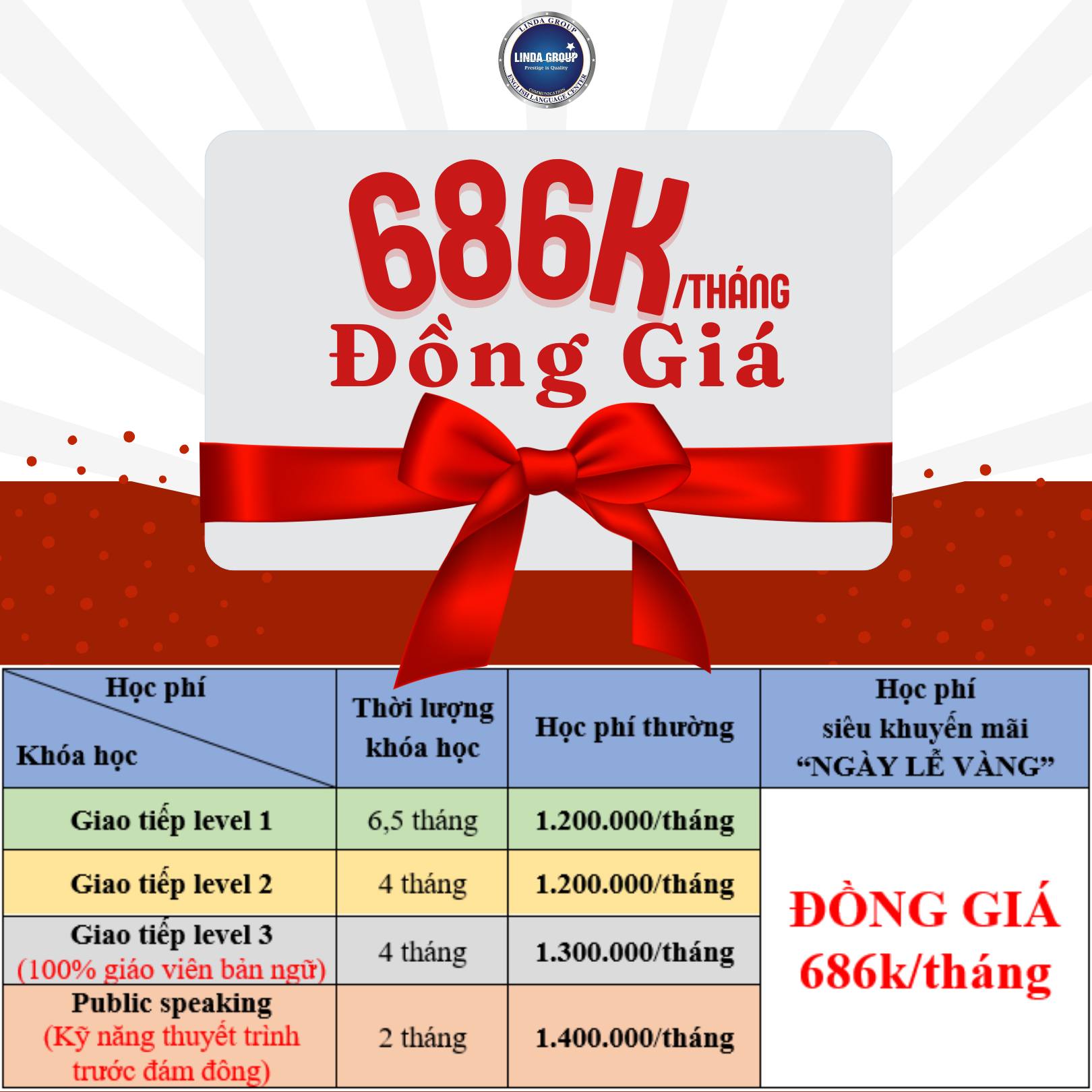When the birds flock South before winter, the “clumsy bird” is the first one to start flying. The one who needs to compensate for its weaknesses by going first.

In the proverb, the bird is named Xiao Liu. He is born small and weak, and his brothers and sisters bully him for it. He is defenseless to their antics due to his lack of physical strength; what he was born with. They take food out of his mouth when they are young and call him “dumb bird”. Xiao Liu is tenacious. He gets up to exercise and eat very early every day, and finishes before his brothers and sisters awaken. He exercises to get stronger. He eats before they can take his food from him. He compensates for his natural born weaknesses through hard work. And he sets off to fly early to survive the harsh migration.
In this proverb, I realize that it is not a lack of competency that drove Xiao Liu forward. He was born physically weak, but strong willed. I’ve learned that hard work, more often than not, wins out over what you are born with, if you don’t make the most out of it. I can’t find a way to look down on Xiao Liu, clumsy bird or not. His survival is a triumph. And his accomplishments are greater, as they are established through his tenacity.
![]()
| Flock/flɒk/ (v) | to go or gather together somewhere in large numbers | lũ lượt kéo đến. |
| Clumsy /ˈklʌmzi/ (a) | moving or doing things in a way that is not smooth or steady or careful | vụng về. |
| Compensate for
/ˈkɒmpenseɪt/ (v) |
to provide something good to balance or reduce the bad effects of damage, loss, etc | bù đắp. |
| Weaknesses
/ˈwiːknəs/ (n) |
a weak point in a system, somebody’s character, etc | điểm yếu. |
| Proverb
/ˈprɑːvɜːrb/(n) |
a well-known phrase or sentence that gives advice or says something that is generally true | Tục ngữ. |
| Bully /ˈbʊli/ (v) | to frighten or hurt a weaker person | bắt nạt. |
| Defenseless
/dɪˈfensləs/ (a) |
having no protection | không phòng bị. |
| Antics /ˈæntɪks/(n) | behaviour that is silly and funny in a way that people usually like | trò hề. |
| Lack of | not having enough of something | thiếu. |
| Physical strength | thể lực. | |
| Take out
(phrasal verb) |
to remove something from inside somebody’s body | Lấy ra. |
| Dumb /dʌm/ (a) | Stupid | Ngu ngốc. |
| Tenacious
/təˈneɪʃəs/ (a) |
that does not give up something easily | Ngoan cường. |
| Sets off
(phrasal verb) |
to start a process | Bắt đầu. |
| Survive
/səˈvaɪv/ (v) |
to continue to live or exist | Sống sót. |
| Harsh /hɑːrʃ/ (a)
|
(of weather or living conditions) very difficult
and unpleasant to live in |
Khắc nghiệt. |
| Migration
/maɪˈɡreɪʃn/ (n) |
the movement every year of large numbers of birds or animals from one place to another | Sự di cư. |
| Competency
/ˈkɒmpɪtənsi/ (n) |
the ability to do something well | Năng lực. |
| Strong -willed
/ˌstrɒŋ ˈwɪld/ (a) |
determined to do what you want to do | Ý chí mạnh mẽ. |
| Make the most out of ST (v) | to gain the greatest possible advantage from something | Tận dụng tối đa. |
| Look down on ST | to think that you are better than someone | Xem thường. |
| Triumph /ˈtraɪʌmf/ (n) | a great success | Chiến thắng. |
| Accomplishment
/əˈkʌmplɪʃmənt/ (n) |
an impressive thing that is done or achieved after a lot of work | Thành tích. |
| Establish
/ɪˈstæblɪʃ/ (v) |
to start or create an organization, a system, etc. that is meant to last for a long time | Thiết lập. |








